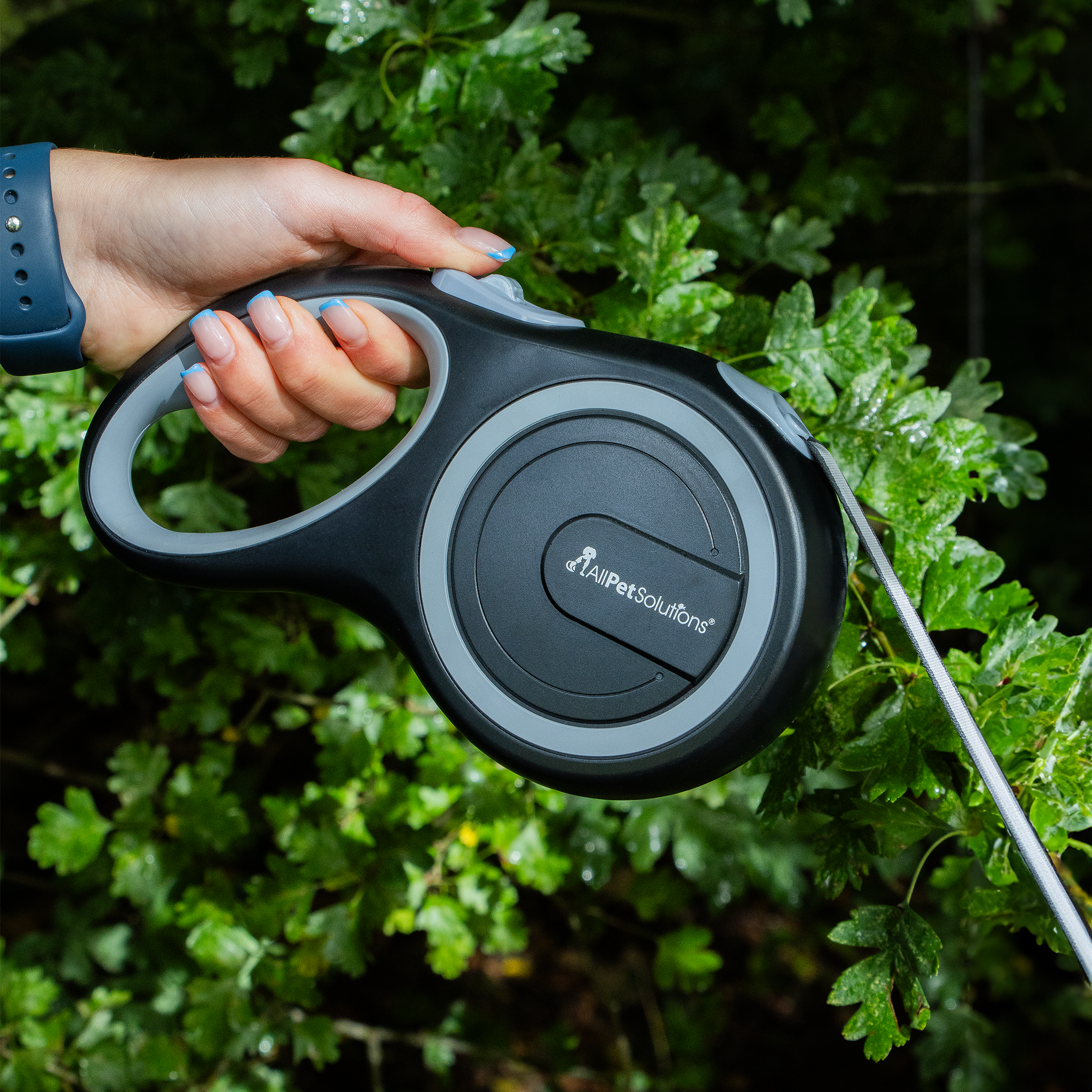Does My Dog Have An Allergy?
Canines have allergies and intolerances just like people, and spotting them can be tricky! All Pet Solutions have put together a guide to the signs your pup might have a dog's allergy, and what you can do to help them!
Signs You Have Dogs With Allergy Symptoms
There are multiple types of allergy your dog can suffer from:
- Food allergies, where they are allergic or intolerant to a common ingredient in dog food, such as wheat.
- Skin allergies caused by exposure to certain types of grass, pollen or household chemicals.
- Flea allergies - where having fleas causes severe skin conditions.
The signs that your dog's allergy is playing up vary depending on what the allergen is and how this affects your pooch. Examples of behaviours that indicate an allergy include:
- Sneezing
- Itchy and painful ears
- Hives and swelling
- Red, irritated skin
- Diarrhoea or digestive issues
- Vomiting
- Licking continuously
- Runny, sore eyes
These are quite generic symptoms, so it's often wise to consult your vet who will be able to tell you if your dog has an allergy or another condition.
How To Treat a Dog's Allergy?
The best treatment depends on what the allergy is and how it impacts your dog. Sometimes it can be as simple as avoiding the allergen:
- Switching your dog's food.
- Changing your cleaning products or laundry powder.
- Using different shampoos for sensitive skin.
- Choosing gentle de-flea treatments.
Some allergens are harder to avoid; dogs with grass allergies might only be affected every few years if a particular type of grass is growing in their regular haunts, and it can be challenging to avoid the outdoors for fear of triggering an allergic reaction!
In this situation, the vet will typically:
- Recommend a skin treatment or steroid if your pet needs help immediately to alleviate their symptoms.
- Prescribe an antihistamine treatment.
- Suggest using another allergy relief medication.

